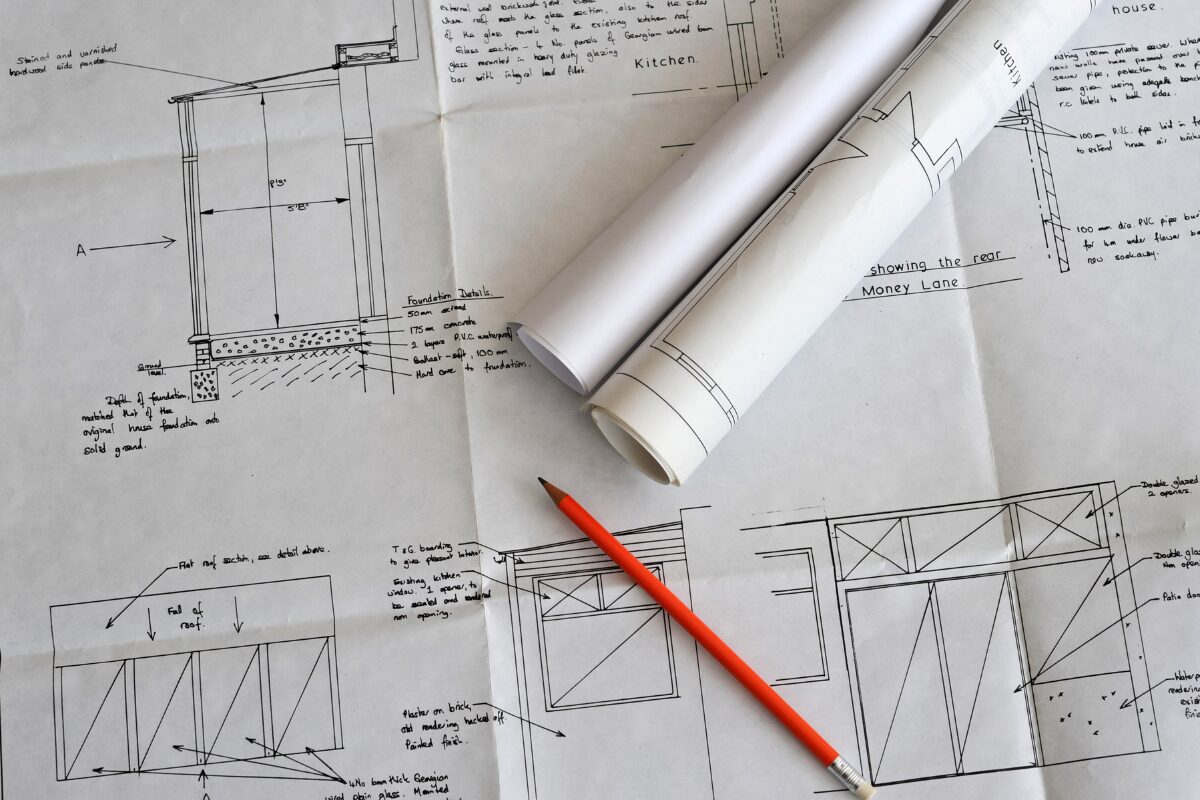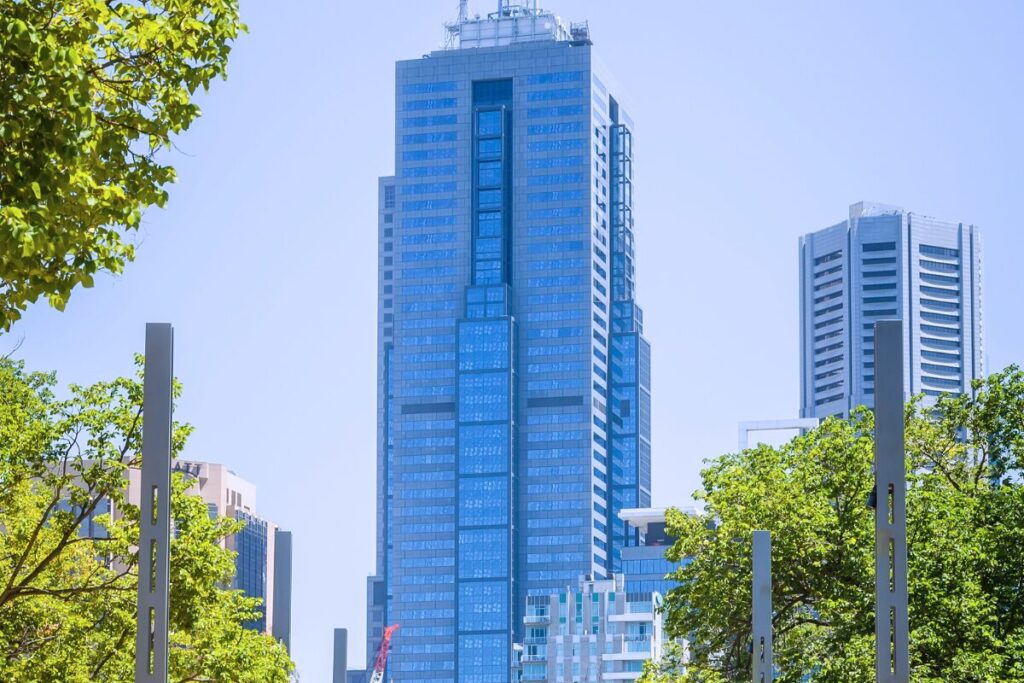Any type of building work will generally require a building permit. Building work includes projects of varying scope, both commercial and domestic. If you’re planning a project, it’s important to be specific with timelines. Therefore, it’s essential to understand how long a building permit may take to be issued.
Understanding building permits
A building permit certifies that your project will comply with the building codes and regulations in your local area or state. The application and documentation process shows the relevant body that your project will be completed in a safe manner, and will detail any environmental impact that may occur.
To obtain a building permit, you will need to apply through a licensed building surveyor. The building permit process involves a number of stages, and it’s essential to be informed about this process before applying for a permit. For more information, you can contact your local building surveyor.
What is the average time that a building permit takes?
In general, a building permit may take about one to two weeks from the time the application is submitted, to the time the permit is issued. Most applications are assessed within one week. In some cases, it may be sooner. In some extreme cases, it can take months for a building permit to be issued. This type of lengthy application process may be due to a number of factors that cause significant delays, and is not the norm.
The building permit timeline
The building permit timeline generally follows the same essential steps through each application process. However, the scope and type of the building works or construction project in question may lead to certain stages of the application and assessment process taking a little longer. Larger commercial projects, for instance, may require further supporting documentation and drawings before a permit can be issued.
Common reasons for a delayed building permit application
There are a number of factors that might result in a delay during the building permit timeline. Each of these reasons can contribute to financial losses, stress, and may eventually lead to a project becoming unfeasible.
These may include:
- Insufficient documentation
- Incomplete application forms
- Incomplete submissions
- Unique project requirements
- Environmental considerations
- Heritage-listed buildings
- Matters requiring Government consent
- Site constraints
It’s important to address and understand each of these factors and the impact they may have on how long it takes to get a building permit. This will ensure your project allows for sufficient time.

How to avoid delays in the permit process
There are a few steps you can take to avoid any delays in the building permit application process. Doing so will keep your project on schedule and avoid the financial impact that may come with delayed building works.
Work with an experienced building surveyor
It’s important that you only work with a registered building surveyor that has extensive experience in the industry. A surveyor that has a deep understanding of regulations and codes, and expertise in assessing applications approving permits will ensure that your application is handled properly. This often means a smoother, speedier process.
Be proactive about gathering information
It’s always advisable to be proactive when it comes to collecting information for your application. Even before that, ensuring that you understand your project and any unique factors that may affect the application process is critical for a successful application, and a faster turnaround.
Contact an expert building surveyor for more information
If you’re considering any building work, it’s essential that you understand your obligations when it comes to building permits. Seek expert advice and contact an expert building surveyor to find out how long a building permit will take, and to ensure that your building permit application is processed in a timely manner.
Contact Fitout Permits today.



